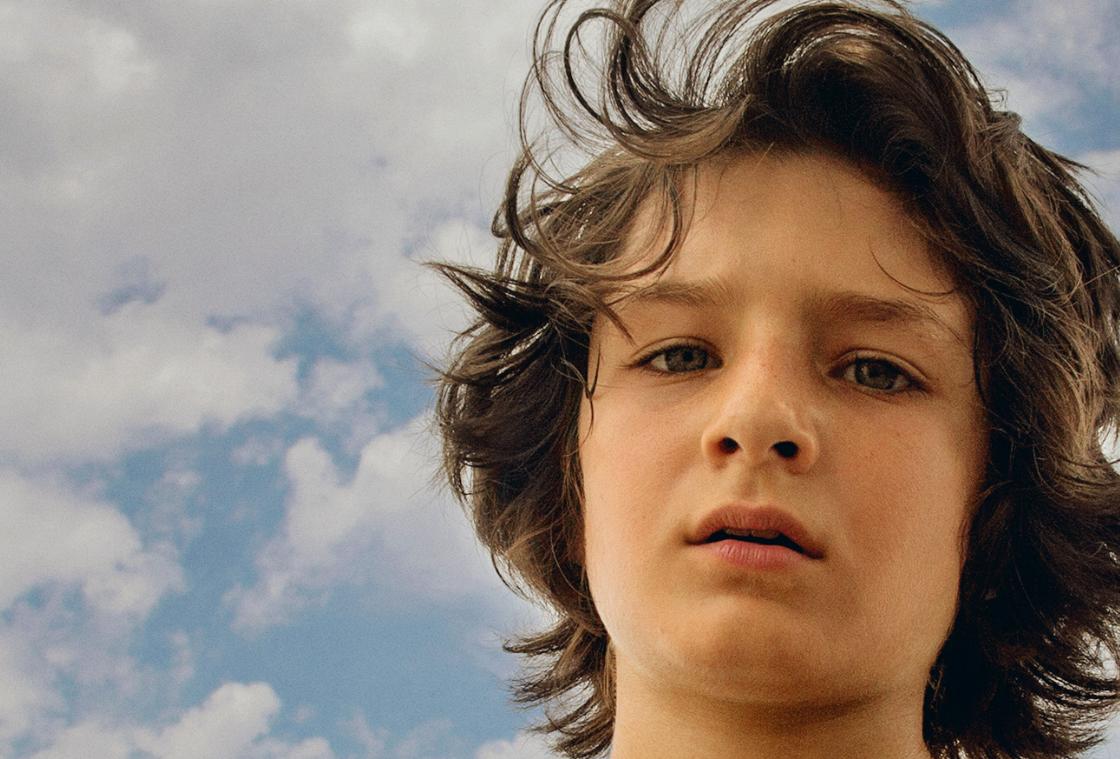Judging a film is an act based entirely on subjective thought. But if one were to judge a film based on its emotional response, as many do, Jonah Hill’s Mid90s could almost be described as flawless. Indeed, if one were to judge it as a representation of the skateboarding subculture, such a term would surely be applicable again.
The film speaks to that generation of ‘weirdos’ and ‘miscreants’ who grew up skateboarding in the ’90s. Hell, it speaks to anyone who grew up with that freedom and sense of rebellion that skateboarding brings, ’90s or otherwise.
It plays out like those old skate videos that you look back on now with endearment. Skaters are dressed head to toe in those baggy jeans, loose fitting shirts, and chunky shoes that were so trendy at the time, but so seldom seen today. There’s the unmistakable colour palette of oranges, browns, and yellows, making every video feel like some sort of hazy flashback, completed of course, by a splash of ’90s hip hop.
It’s all here, down to the absurd conversations you’d often share with your crew, such as discussing incestuous rape or telling your new friend people will think you’re gay if you say ’thank you.’
But it is to the film’s protagonist, Stevie (Sunny Suljic), that we relate most heavily.
We silently rejoice when he finally lands his first ollie, knowing all too well the pain and frustration it takes to get to that point.
We watch with fondness as he receives his first skateboard, aware of how precious and sentimental it will become for him. Assembling a skateboard is a cathartic process. From gripping the board to fixing trucks to wheels, it’s assembling parts to create something that almost has a soul. All skaters share this early memory, and the look of wonder and intrigue on his face as he watches Ray (Na-Kel Smith) complete such a task is a joy to behold, and one that fills us with warm feelings of nostalgia.
His reverence of Rya and Fuckshit (Olan Prenatt) is also very familiar. Those older skaters who, at the time, seemed almost god-like in your eyes. You looked up to them, seeking their acceptance like it was the most precious commodity on earth.
Like an angel on one shoulder and a devil on the other, these two skaters each represent a different path for Stevie. Ray, with his calming demeanour and his desire to make a career from skateboarding, represents a more positive path. He’s the older brother that Stevie wishes he had. Fuckshit, however, and his ever-increasing party lifestyle, represent a more negative path. Nevertheless, they each represent a far more positive role model than his abusive older brother, Ian (Lucas Hedges), and, to some extent, his promiscuous mother, Dabney (Katherine Waterston).
It’s this insistence on depicting the ‘less cool’, more negative features of this subculture, that is truly commendable. Such as the smoking, the drinking, the partying, and the total lack of respect for authority that seemed so customary to us back in the day. It is worth noting that Stevie’s drinking leads to his most troubling moments, such as his attempted suicide, while Fuckshit’s inebriated state leads to the gang being involved in a car crash. Indeed, many real-life professional skaters, such as Jim Bates and Andrew Reynolds, have struggled with depression and alcoholism. It’s an unfortunate characteristic of this culture, but many, if not all, credit skateboarding as the biggest factor behind their recovery.
In a nutshell, the social realism is superb, and it clearly speaks of Hill’s past forays into skateboarding. Some of us will remember his comedic appearance in a ‘Palace’ video a few years back.
His film is raw and unpolished, a truthful and sincere portrayal of how skateboarding can take a troubled kid and welcome him in with open arms. But it’s an extreme sport that was, and still is, very misunderstood by a generation of people.
Stevie gets upset with his mother (who is of this generation) because she doesn’t understand his new lifestyle choice. She sees it through the eyes of a mother, worrying that her child has gone through physical and mental pain since this change and her reaction is understandable. Yet she isn’t aware of the rapport and friendship that skateboarding can create until after Stevie’s car crash, where she sees them all asleep in the waiting room of the hospital. She is visibly moved by the thoughtfulness of this act. There’s a sense of community in skateboarding that she is beginning to become aware of.
Mid90s acknowledges how skateboarding can be unfavourably perceived, but doesn’t seek to discredit this viewpoint, rather it seeks to educate. It presents one side of the story, but also the other, in unbiased fashion.
The film isn’t a glamorisation, nor does it get morbidly carried away. More precisely, it always manages to stay on solid ground, on a skateboard of course.
Some of the coverage you find on Cultured Vultures contains affiliate links, which provide us with small commissions based on purchases made from visiting our site.

